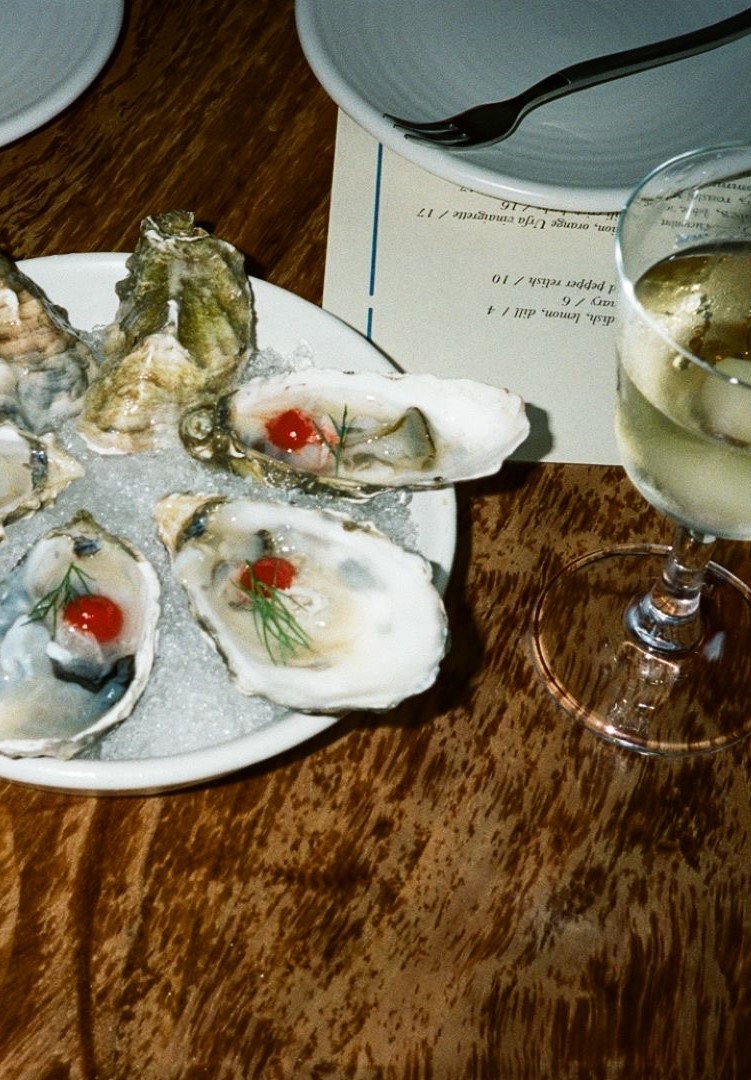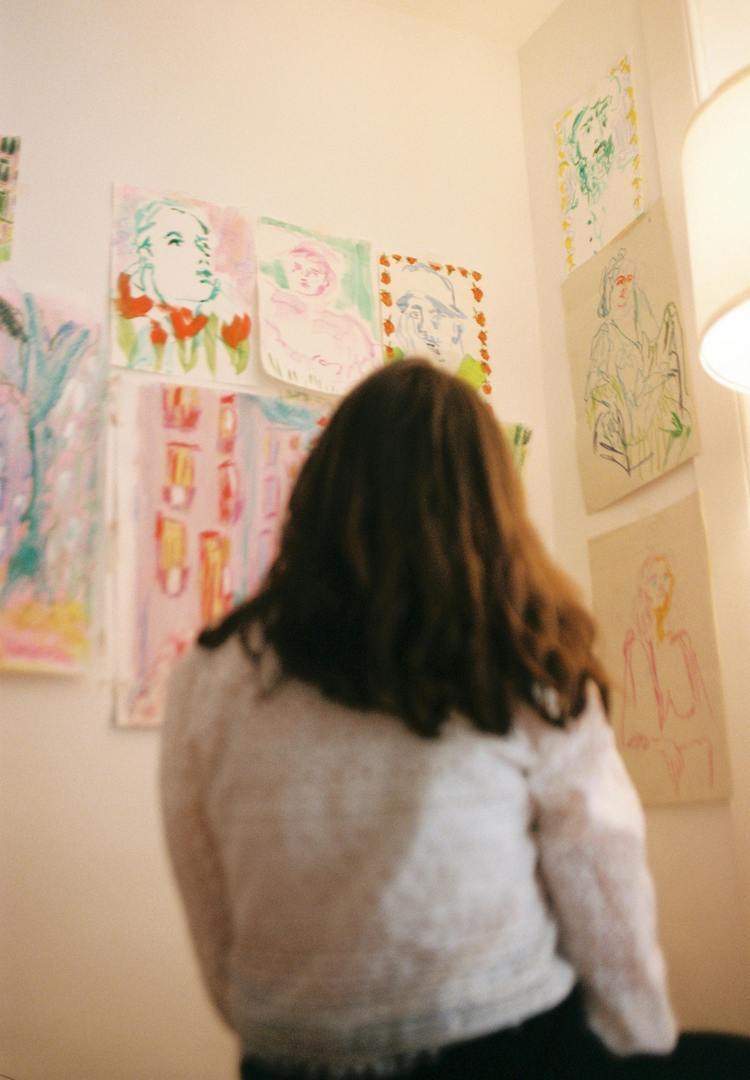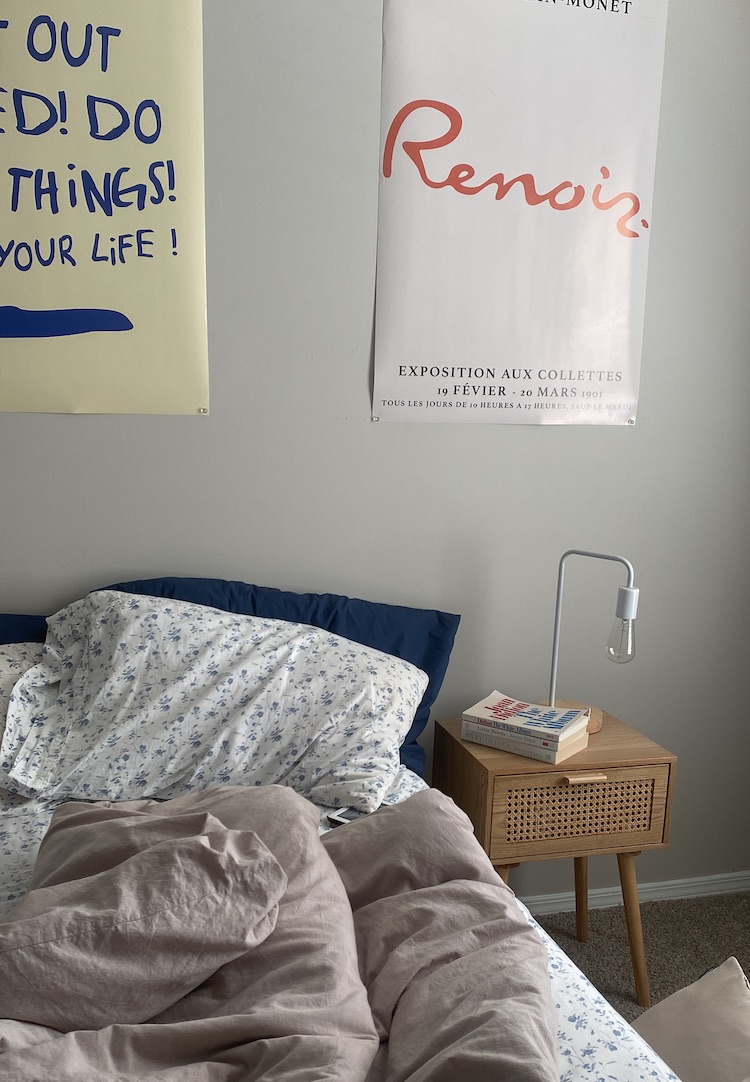As restrictions ease, are you feeling lonelier than before?
PHOTOGRAPHY BY SEUNG-ROK
WORDS BY RACHAEL AKHIDENOR
To spend a weekend alone now is a very real source of self-inflicted disdain, shame and loneliness.
For those of us who have been living in the confines of our homes for the past 100 or so days, thoughts of freedom (read: being able to travel further than 5km and being able to leave home for longer than an hour or two each day) are likely to have been the sustenance that has kept our hope alive.
We’ve been in forced isolation for what feels like a lifetime. The loneliness has been palpable. A thick and heavy smog of longing has blanketed the many, many nights of lockdown – a feeling, I’m sure, we are all too well acquainted with.
As I watched our state’s Premier Daniel Andrews on TV last Sunday, I was overwhelmed with emotion at the realisation this lockdown – one of the hardest in the world – would soon all be over. Excitement bubbled inside at the possibility that the source of so many of my troubles would shortly be diminished to nothing. I would be living that COVID-normal life I had so often fantasised about, the one that had given me hope in the loneliest of nights and the darkest of times.
As someone whose 5km radius includes an incredibly limited number of friends, I was elated at the prospect that I, too, could partake in the smiling and jolly picnics I had seen all over Instagram. Loneliness would be a thing of the past; a distant memory I would relegate to looking back on.
You see, over the past few months, in a state of desperation, I had (naively) equated the lockdown with my loneliness, mistakenly assuming that as restrictions eased, so too would those negative feelings. Yet, as I hastily messaged my friends over the following days, I began to recognise the fallacy of my long-held beliefs.
With the easing of restrictions comes a new set of emotional landmines, each with the potential to be even more permeating and destructive, given their existence has been (naturally) overlooked until now.
As restrictions lift and it’s easier to see friends, there’s an increased pressure to be social. To spend a weekend alone is a very real and potential source of self-inflicted disdain, shame and loneliness. These feelings are only compounded by social media, where carefree groups of beaming friends hanging out are omnipresent. Yet, presuming that since we can now see our friends we will be seeing our friends is ill-informed.
On a purely logistical level, we’re facing multiple factors that render it highly possible to find ourselves home alone on a weekend, longingly dreaming of times when such isolation was government-mandated so we wouldn’t feel left out.
Firstly, there’s the weather. As much of our social time will occur outside, we’re at the mercy of this highly volatile and uncontrollable variable. Planning a weekend when the weather will be conducive to outdoor activities in a city like Melbourne is like trying to plan a 7.30pm dinner at Chin Chin without a booking. It’s not impossible, but the opportunities are surely few and far between.
Then, there’s coordinating schedules. Even at the best of times, this can be a challenge. Yet, after many of months of isolation, when people from all angles are vying for our friends’ attention but only two households can meet up, finding time where you’re free and they’re free and the weather is good can stump even the most proactive and organised among us. And for those in small friendship groups, or who have close friends but no specific group in particular, the challenges only get steeper.
Then, there are those who remain unaffected by the restrictions. Perhaps, they live in regional Victoria with their friends residing in Melbourne, or they live in a location where the extension of the previously-5km radius to 25km makes not much difference to their lives. As WhatsApp groups are a flurry of messages about picnics and catch-ups, the stinging realisation that for them, the hard lockdown is not over, cuts in a way that cannot be overlooked.
And there’s the very real possibility of not feeling very social at all. For many, this year has left us grappling with mental illness on a scale never before experienced. Even for those well-acquainted with mental ill-health, the exacerbation of such ailments has left emotional states in turmoil.
Add to this the physical consequences of such an unprecedented year – perhaps, loved ones are no longer with us, or we’ve lost our jobs and financial stability – and the situation doesn’t look much better.
But it’s not all doom and gloom. By being mindful of the reality of a COVID-normal life, we can manage our expectations and minimise our disappointment. Despite what we may have believed in the many months of lockdown, our new normal will not be free from loneliness, despair and anxiety. It very well may intensify, now more than ever before. While the future looks undoubtedly bright, I implore you to continue to apply that same kind of compassion, understanding and awareness we cultivated in lockdown.
So, if you find yourself at home on a weekend, thinking to yourself, ‘this is not how I thought it would be?’, don’t worry, you’re not alone. There will be thousands, hell, millions of others thinking much the same as you.










